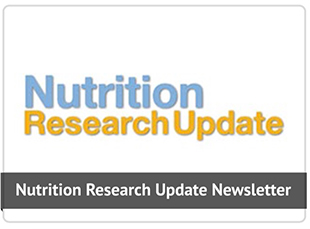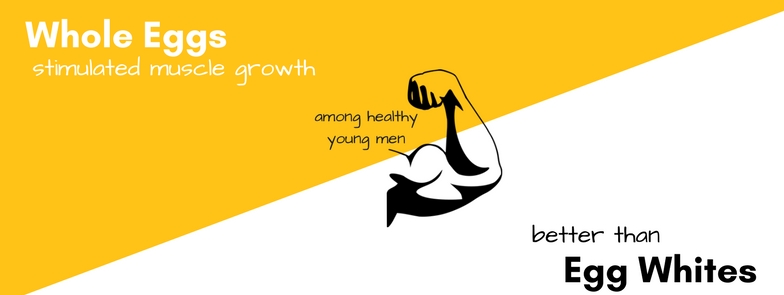Nutrition Science
Nutrition research is the underpinning of our programs and outreach. ENC is dedicated to providing accurate and up-to-date information on eggs, nutrition and health. Below is a collection of both ENC-funded research and relevant studies.
To learn more about our competitive research program, click here.
 |
 |
New Research on Choline

Choline is hot! In 2016, the Food and Drug Administration established a Reference Daily Intake value for choline of 550 mg. Then in June of 2017, the American Medical Association (AMA) House of Delegates recommended the addition of choline to prenatal vitamins because of its essentiality in promoting cognitive development of the offspring. This was followed in August by a study that showed that more than 90% of pregnant women (as well as adults in general) do not consume recommended intakes of choline.
Now the story continues. This month, Dr. Marie Caudill and colleagues at Cornell University published evidence that infants exposed to higher levels of maternal choline (930 mg/day) during the third trimester have improved information processing speed during the first year of life, an indicator of cognition and intelligence. Similar studies have been conducted in rodents and shown that the cognitive effects of maternal exposure to choline last beyond infancy. Whether the same will be observed in humans remains to be determined. But one thing is clear: theres much to learn about the role of choline in brain development. Hopefully this study will be a catalyst for other scientists to start unraveling the unknowns about this previously underappreciated nutrient.
Reference: Caudill MA, et al. Maternal choline supplementation during the third trimester of pregnancy improves infant information processing speed: a randomized, double-blind, controlled feeding study. FASEB. 2017 E-pub
Whole Eggs for Muscle Growth

In nutrition science, individual nutrients are often recognized for their specific roles in physiology. We know that calcium is critical for bone health, choline is important for brain development and a lack of vitamin C will result in scurvy. However, whole foods are complex and contain numerous compounds, often leading to effects that extend beyond the sum of their parts. Continue reading Whole Eggs for Muscle Growth
Eggs, Vitamin D and Diabetes

Vitamin D plays a number of critical roles in the body. It is essential for calcium absorption and regulation, bone growth and repair, and neuromuscular and immune function, to name a few. In recent years, new research has favorably linked vitamin D to several diseases and conditions, from cancer to obesity. This continues to be an area of active investigation. Continue reading Eggs, Vitamin D and Diabetes
More Evidence that Eggs Improve Eye Health

A new study, published in the Journal of Clinical Research and Ophthalmology, looked at the effects of eating 12 eggs per week on aspects of vision among people with early age-related macular degeneration (AMD). AMD is a leading cause of blindness in the United States and affects over 10 million people. In this study, researchers saw significant improvements in a measure of macular function and retinal health. Continue reading More Evidence that Eggs Improve Eye Health
Choline Intakes are Driven by Egg Consumption

Featured article in the September, 2017 Issue of Nutrition Research Update; written by Taylor Wallace, PhD, CFS, FACN, food and nutrition expert, faculty at George Mason University and blogger at www.drtaylorwallace.com.
Did you know that eggs provide the most choline to the U.S. diet? Each egg yolk contains about 147 mg of choline or about one-fourth of that recommended on the food label. Our prior research indicated that about 90% of Americans fall short of their choline intake goals. The 2015 Dietary Guidelines for Americans for this reason identified choline as an under consumed nutrient in the U.S. diet. Building on our previous work, our recent analysis Usual Choline Intakes Are Associated with Egg and Protein Food Consumption in the United States showed that 92% of pregnant women and 99% of teenagers fail to meet intake recommendations for choline. Continue reading Choline Intakes are Driven by Egg Consumption







